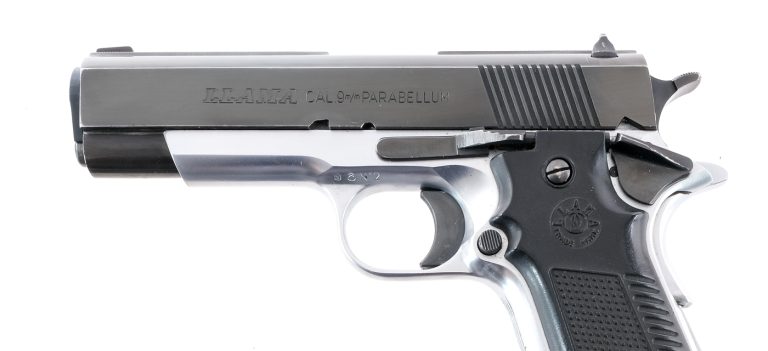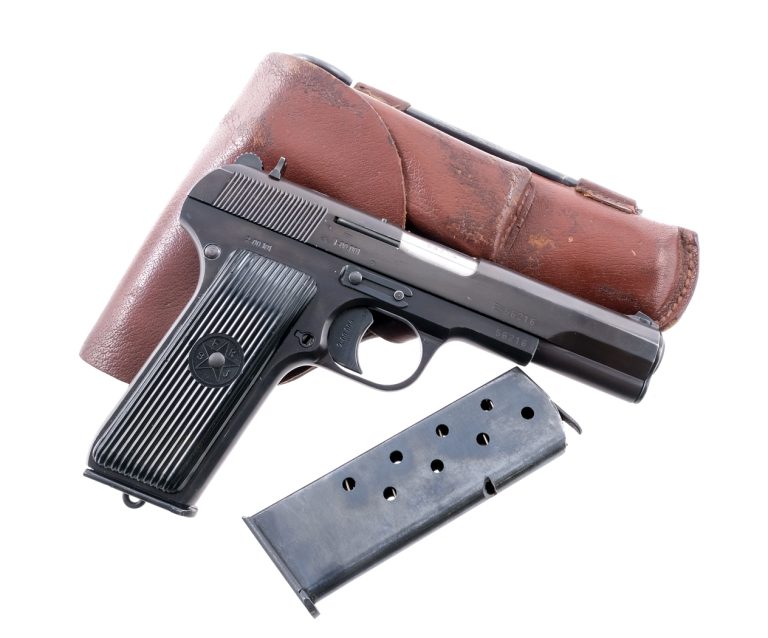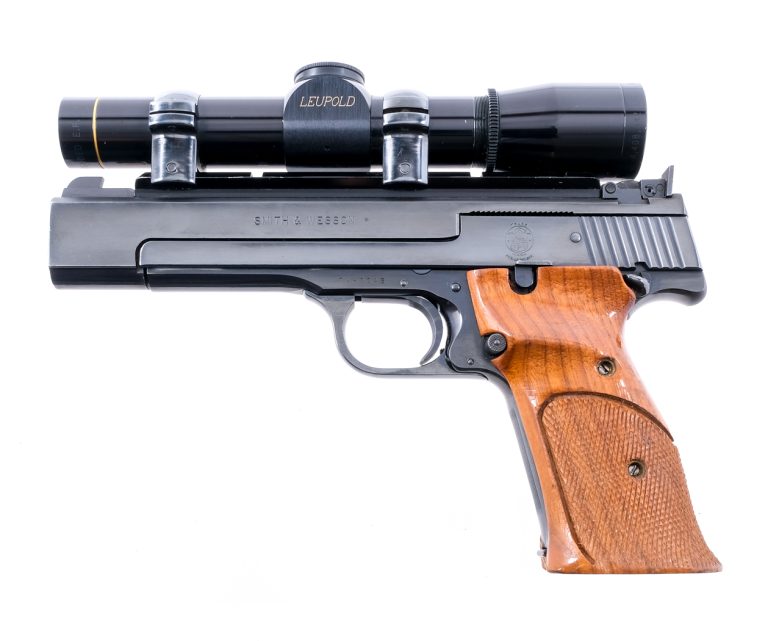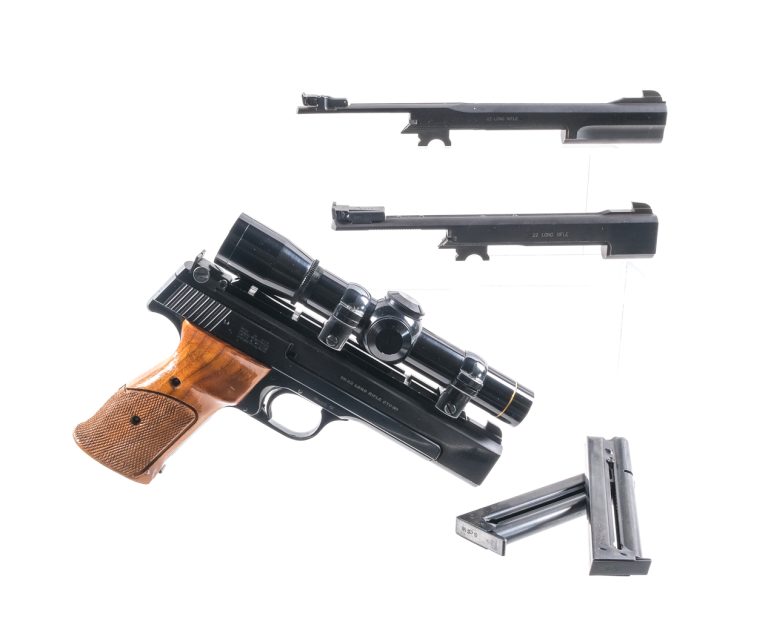Navigating Firearm Sales in Ohio: A Comprehensive Guide
- Home
- Navigating Firearm Sales in Ohio: A Comprehensive Guide
Navigating Firearm Sales in Ohio
Ohio boasts regulations for firearm purchase, sale, and transfer that are relatively straightforward compared to some other states. However, the responsibility of gun ownership and the legal landscape must not be underestimated. CT Firearms Auctions is here to guide you through the process, ensuring that your firearm sales in Ohio are not only successful but also conducted in full compliance with all applicable regulations.
Introduction to Ohio's Gun Laws
In Ohio, firearm ownership and sales are governed by regulations that aim to maintain public safety without unduly restricting the rights of responsible gun owners. This approach reflects Ohio’s commitment to upholding the Second Amendment while acknowledging the importance of responsible firearm transactions. Understanding this equilibrium is fundamental as you navigate the process of selling a firearm in Ohio.
Requirements for Purchasing and Selling Firearms in Maine
When it comes to purchasing and selling firearms in Ohio, understanding the key requirements is essential. Here are the critical points to keep in mind:
- Age Requirements: Ohio has specific age requirements for different types of firearms. Buyers must be at least 18 years old to purchase or possess long guns, such as rifles or shotguns, and at least 21 years old for handguns. It’s crucial to verify the buyer’s age to ensure compliance with these regulations.
- ATF Form 4473: The Bureau of Alcohol, Tobacco, Firearms, and Explosives (ATF) Form 4473 is a standard form used in firearm transactions. It’s essential to complete this form accurately when selling a firearm in Ohio.
- Waiting Periods: Ohio does not have a waiting period for firearm purchases. However, it’s essential to stay informed about any changes in state regulations that may affect this aspect of the process.
Private Sale Specifics
When selling handguns in Ohio, there are precise requirements and procedures that must be followed. Handgun sales typically involve stricter regulations compared to long guns, including background checks to verify the buyer’s eligibility and adherence to age restrictions. On the other hand, the sale of long guns, such as rifles and shotguns, differs in certain aspects. While the law still governs these transactions, background checks may not be universally required, especially in cases involving transfers between immediate family members.
Transferring Gun Ownership: Key Considerations
Ohio law recognizes exceptions to background check requirements, particularly for transfers of firearms between immediate family members. These exceptions are designed to streamline the process for family members while maintaining essential safeguards against firearms falling into the wrong hands. In addition to buyer eligibility, the process of transferring firearm ownership between private individuals in Ohio involves several key steps. It often begins with a visit to a licensed firearm dealership, where the legal transfer can be facilitated. This dealership serves as a neutral ground for both parties, ensuring compliance with state and federal regulations. During this process, it is essential to retain a receipt of the transfer as legal documentation of the transaction. This receipt should include critical details such as the date of sale, the firearm’s particulars, the sale price, and the signatures of both parties involved.
Federal Laws and Their Implications
Private firearm sales in Ohio are subject to federal regulations that play a significant role in ensuring responsible and legal transactions. The Brady Handgun Violence Prevention Act established the National Instant Criminal Background Check System (NICS), mandating background checks for individuals purchasing firearms from licensed dealers to verify eligibility. Certain firearms, like machine guns and suppressors, are regulated under the National Firearms Act (NFA), requiring additional registration and ATF approval. These federal laws, amongst others, apply nationwide, including in Ohio, and it’s crucial to be familiar with them to ensure a legal and responsible transaction.
Tips for a Safe and Profitable Sale
When preparing to sell a firearm in Ohio, adhering to best practices ensures a smooth and legally compliant transaction. Start by cleaning and maintaining your firearm to present it in the best possible condition. A well-maintained firearm not only appeals to buyers but also reflects responsible ownership.
Documentation plays a pivotal role in firearm sales. Providing potential buyers with accurate and detailed descriptions, including the firearm’s history and any included accessories, builds trust and transparency. It also helps potential buyers make informed decisions. Furthermore, ensure you complete a bill of sale. This legal document not only registers the sale of the firearm but also establishes proof of ownership, protecting both parties involved in the transaction. By following these best practices, you can navigate the process of selling a firearm in Ohio with confidence and integrity.
Choosing CT Firearms Auction for Your Firearm Collection and Estate Sales
CT Firearms Auction specializes in firearm collection and estate sales in Ohio. Our team is well-versed in Ohio’s firearm laws, ensuring that your transactions are legally sound. We can assist you in navigating the process of selling firearms in Ohio, offering expert guidance and ensuring that you meet all legal requirements. Discover the benefits of choosing CT Firearms Auction, including our commitment to legal compliance, providing the best market value, and ensuring safe and secure transactions.
The Importance of Compliance and Safety
Selling a firearm in Ohio is a responsible endeavor that necessitates strict adherence to state and federal laws. It is imperative to prioritize safety and legal compliance throughout the process. By following the guidelines presented, you can navigate the process with confidence and ensure the security of your community.



